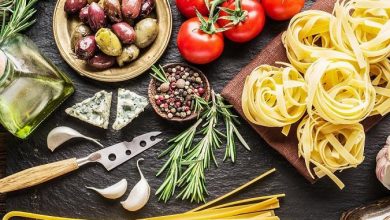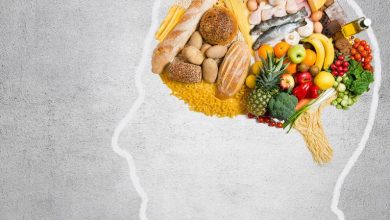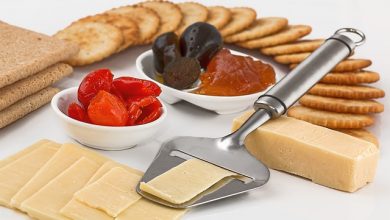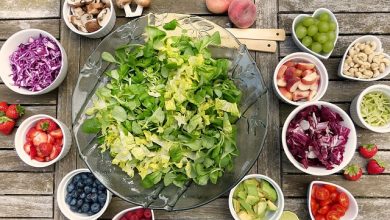Food & Nutrition
Foods And Natural Supplements That Increase Blood Platelets Fast

The short answer is, take papaya juice, tea or powder, get more calcium, eat foods rich in folates and less fish oil and alcohol.
The Long Answer Is…
The foods listed below are some of the more popular ones that seem to produce the desired result.
Papaya
Papaya juice is an excellent and natural way of bringing up your blood platelet numbers. A simple brew of papaya leaf tea is good for the blood overall and especially for increasing the number of blood-platelets in the body.
To make an effective tea simply place a few papaya leaves in some water and heat on the stove top. Cooking over a medium heat allows the essence of the leaves to be extracted slowly. Steep for 15 to 20 minutes then turn up the heat to a low boil until about half the amount of water you started with is left.
Two tablespoons twice a day of this powerful tea is all you’ll need to help bring that platelet count back up to normal. You can also purchase papaya leaf extract in the form of powder, capsules and teas.
Calcium From Dairy Foods
Calcium is important to aid in helping the blood form clots which are necessary when there is external bleeding. Milk is an excellent source of calcium. The calcium works with vitamin K, a seriously important vitamin, paramount in helping the blood to coagulate. A lack of vitamin K can not only impede coagulation of the blood but has also shown to weaken bones which can lead to osteoporosis (brittle bones).
Consuming dairy products like cheese and yogurt along with milk are a great way to keep your calcium levels up and aid in the production of blood-platelets.
Folate Rich Foods
Folates or folic acids, are a vitamin of the B complex (B9) and are found in green leafy vegetables such as spinach, broccoli and turnip greens. One attribute of eating these green leafy foods is they increase the hemoglobin levels in the blood thus addressing one of the underlying causes of low blood-platelets.
Other foods containing a high-density of folates are as follows.
Cooked Legumes (beans)
- Black-eyed peas contain some of the highest percentage of folates per volume
- Lentils- These beans are next to black-eyed peas in folate content
- Additional beans include Chick peas, Lima beans, Pinto beans, Mung beans, as well as Navy and Black beans
Breads
- Wheat
- French bread
- Italian
Fruits
- Mangoes
- Oranges
- Pomegranate
- Kiwi is another fruit which helps restore blood platelet levels more quickly
A key to bringing up your plate levels is a good and healthy diet. Eating fresh foods that are less processed, lower in sugar and that contain less fat is beneficial in a myriad of ways in addition to raising platelet levels.
Foods rich in necessary folates include chicken liver, wheat germ, herbs and spices along with sunflower seeds, peanuts and vitamin fortified cereals.
A note of caution however, the intake of Omega 3 fatty acids found in fish should probably be avoided to some degree as Omega 3 has been shown to reduce platelet activation in the blood.
Foods to Avoid While Rebuilding Platelets
Processed foods that are high in calories and sugar and low in nutritional value should be avoided in general but especially when platelets are low. Alcohol is another item that should be restricted or even eliminated altogether during the rebuilding process. Too much alcohol can damage bone marrow thereby decreasing platelet production.
Celiac Disease (a gluten allergy) is an autoimmune disorder that can negatively impact platelet production. If you have low platelets and are gluten sensitive, you may want to eliminate gluten from your diet. Gluten occurs naturally in grains such as wheat, barley and rye. No end of baked goods are made using these grains.
Tips to Help Raise Blood-Platelet Levels
Although the foods we eat can play a role in helping to produce more blood platelets, improving our overall health by diet and exercise is just as important.
Health professionals recommend we get at least 7-9 hours of sleep per night. Although that may seem like a lot of rest time, the extra hours are needed when the blood platelet count is low. Additionally, people suffering from a low count have less energy and the extra rest is necessary.
Staying hydrated is paramount to our overall health. Proper hydration keeps the body functioning properly and a healthy body will produce more platelets. Moreover, a healthy diet may help defend against platelet decreases.




